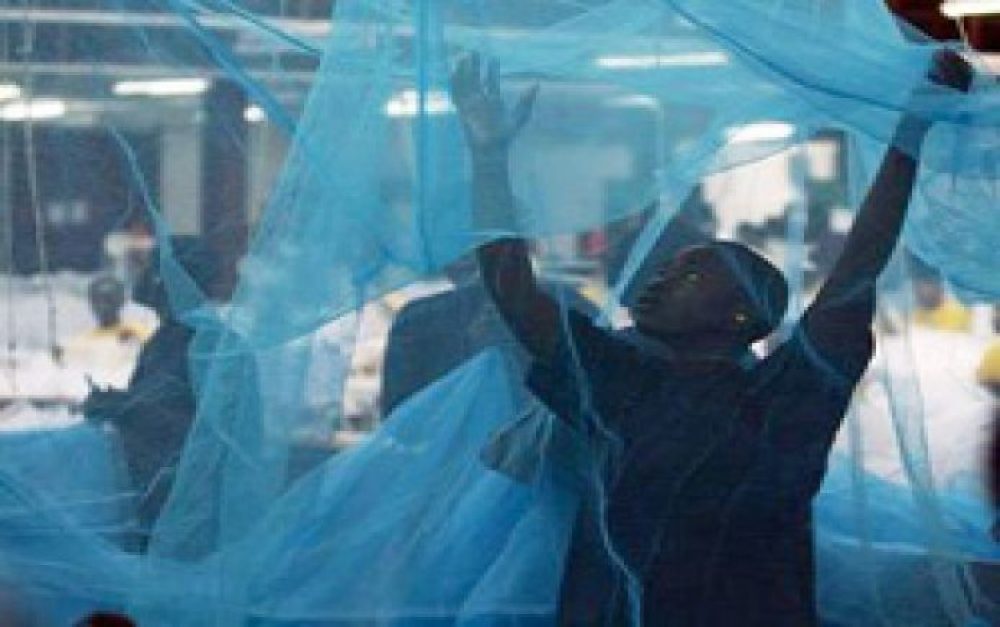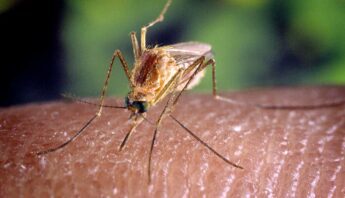Today, on April 25th, we celebrate World Malaria Day. It’s an opportunity to reflect on a serious disease that still affects far too many of the world’s poor. For Africans like myself, it is also an opportunity to highlight an on-the-ground perspective of how best to control malaria.
We’ve seen that the most effective strategies don’t rely on chemical solutions, but on a comprehensive set of tools like biological control of disease vectors, environmental management, individual protections and public health education.
While the global community has made great progress toward such solutions in recent years, in Senegal and in other African countries touched by the disease, this integrated approach is still underdeveloped and under-resourced.
With this in mind, PAN Africa and PAN Germany began a pilot project in 2011 to advance sustainable control of malaria in a Senegalese village called Beer. The approach is comprehensive and grounded in community, leading the villagers through a series of actions to control malaria which are based in environmentally sound and healthy methods.
The early results are promising and we hope to replicate them elsewhere in Senegal and other parts of Africa.
A long, determined battle
According to the World Health Organization (WHO), nearly half of the worldwide population, living mainly in poorest countries of the world, are at risk of malaria every year. About 216 million people contract malaria each year, and as many 650,000 die according to official estimates — though the number may be closer to a million. By far the majority of cases are in Africa, and an estimated 86% of those who die of the disease are children under five years of age.
The tagline adopted for this year’s World Malaria Day is “Sustain Gains, Save Lives: Invest in Malaria.” Indeed, in the past decade several international efforts were initiated to control malaria in Africa and there have been impressive gains.
In April 2000, African governments ratified the Declaration of the Action Plan of Abuja (Nigeria) to “Roll Back Malaria” on the continent, and promised to take appropriate and sustainable measures for strengthening programs and health systems to support this goal.
In Senegal, the resulting efforts led to a national drop in cases of malaria from 35% of reported illnesses in 2001 to 3% in 2009. In the same period, malaria as a cause of death dropped from 29% to just over 4%. These dramatic and positive results were achieved without indoor spraying of the pesticide DDT, showing that it is more than possible to fight against malaria without using this dangerous insecticide.
Investing in safe & effective solutions
While malaria statistics are frightening, the solutions shouldn’t be. Contrary to the proposals advanced by a handful of fringe advocates promoting widespread use of DDT to control malaria in Africa, effective solutions are both safer and more complex than any one “silver bullet.” Integrated management can reduce the use of harmful insecticides and to assure the sustainability of the control of malaria.
On World Malaria Day, we honor the coordinated work of hundreds of people and organizations to advance real solutions. While we celebrate the gains that have been achieved in addressing the disease, we also recognize that they haven’t been enough.
So, on April 25th, we should remember what works and take advantage of the opportunities before us:
- countries with malaria problems should take stock of the lesson learned, and share those experiences with each other;
- industrialized countries and donors should invest in and support safe and effective strategies of malaria control, especially at the local level; and
- academia and research institutions should redouble their efforts to find appropriate means of control that are neither dangerous for health nor the environment.
Dr. Abou Thiam is the director of PAN Africa based in Dakar, Senegal.







